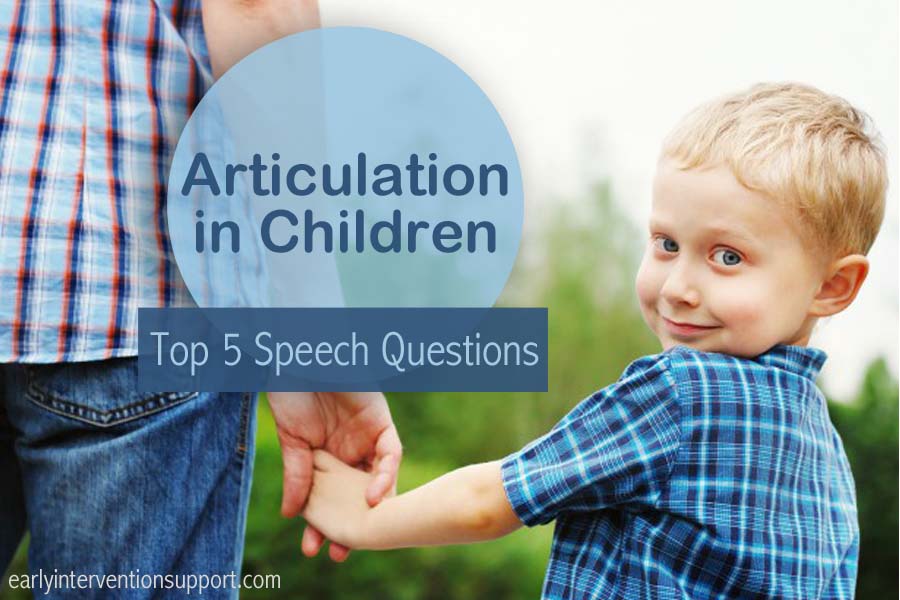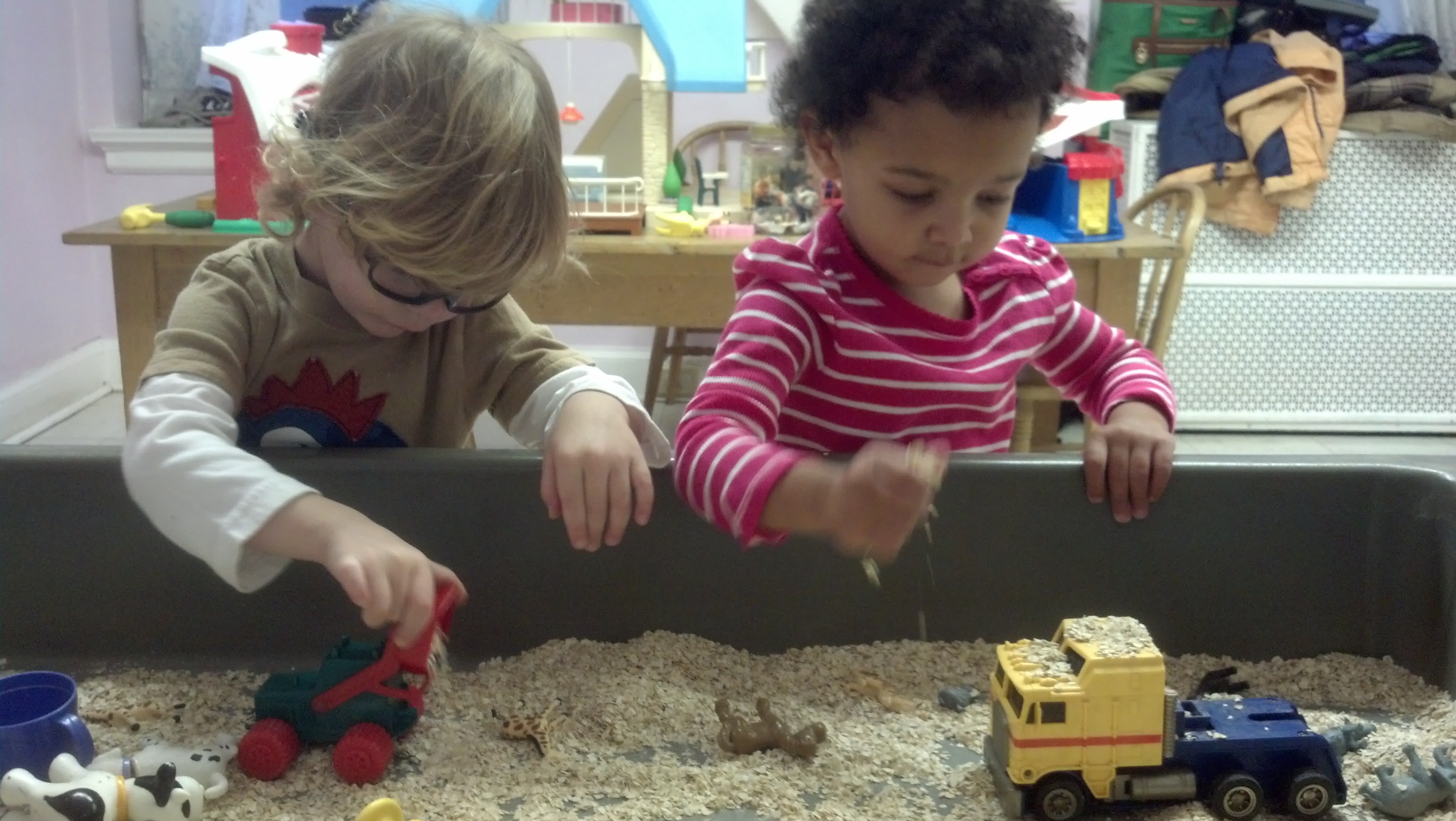Conduct a Functional Assessment An effective assessment process: Addresses the family’s questions about enhancing their child’s development, focusing on each family member’s concerns and priorities. Collects information for a specific purpose, for example, the evaluation conducted by the early interventionist at the beginning of the IFSP process determines if the child is eligible for services. Reflects a complete and accurate picture of the …
Early Intervention Speech Therapy Ideas | Articluation Questions
What is articulation in children? Articulation is the ability to make sounds clearly. Children learn correct sound pronunciation by listening and imitating appropriate speech role models. Articulation develops gradually over the first 8 years of life. When should I be concerned about my child’s articulation? As therapists we typically are not concerned with a child’s articulation until they reach the …
Implementation, Evaluation, and Resources Available for Early Intervention
Identify Strategies to Implement the Plan This step involves working closely as a team to increase learning opportunities, to use the child’s surroundings to facilitate learning, to select the most effective strategies to bring about the desired outcomes, and identify reinforcers that best support the child’s learning. Implementation may involve a toddler participating in a library story hour one afternoon …
Individuals with Disabilities Education Act (IDEA) & Early Intervention
The Individuals with Disabilities Education Act (IDEA) is a United States federal law that governs how states and public agencies provide early intervention, special education, and related services to children with disabilities. It addresses the educational needs of children with disabilities from birth to the age of 21. It was renamed the Individuals with Disabilities Education Improvement Act, but most …
What is an Individual Family Service Plan (IFSP) for Early Intervention?
An Individualized Family Service Plan (IFSP) documents and guides the early intervention process for children with disabilities and their families. The IFSP is the vehicle through which effective early intervention is implemented in accordance with Part C of the Individuals with Disabilities Education Act (IDEA). It contains information about the services necessary to facilitate a child’s development and enhance the …
What Are Nutrition Services in Early Intervention?
Nutrition services assess the nutritional needs of the child and correct for any nutritional deficiencies. Nutrition services are provided by a registered dietitian. Services include the assessment of: Nutritional history, current dietary intake and nutrient needs Anthropometrical (measurement of height & weight), biochemical (ie. Metabolism) and other clinical variables Feeding skills and feeding problems Food habits and food preferences Nutritional …
An Early Intervention Therapist’s Perspective on Attention Deficit Disorder (ADD)
There is a common misconception that individuals with ADD are hyperactive. The truth is – these people live in a state of low arousal, are easily distracted, impulsive and have a short attention span. This state of low arousal affects a person’s entire life as the level of attention required to meet the expectations of life is not sufficient. As …
Q&A: Does My Very Active 2 Year Old Need Early Intervention?
My son is 26 months (the only child) and he recently started daycare 2 weeks ago. Prior to this, he stayed home with me or my mother when I went to work. My son speaks a lot of words, understands simple commands, and he does every thing on the separate skills checklist. He also knows everything off of the TV …
Q&A: Best Early Intervention Program For Asperger Syndrome?
My son has Aspergers. We found out 2 months ago. What is the best early intervention program for my son? He is 3-1/2 years old. Most children with Aspergers benefit from a combination of therapies depending on the severity of their disorder. The National Institutes of Health in the USA recommend the following based on their Asperger Syndrome Fact Sheet: …
Early Intervention Playgroup Session – October 25th, 2013
At this playgroup session, the children enjoyed playing with oatmeal in the sensory table. They loved driving cars through it and using cups to scoop and dump. It was a wonderful tactile sensory experience! We also engaged in free play and allowed the children to choose an activity to participate in. These activities included: playing with cars and trucks, engaging …


